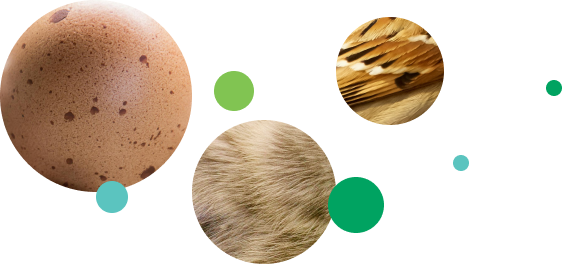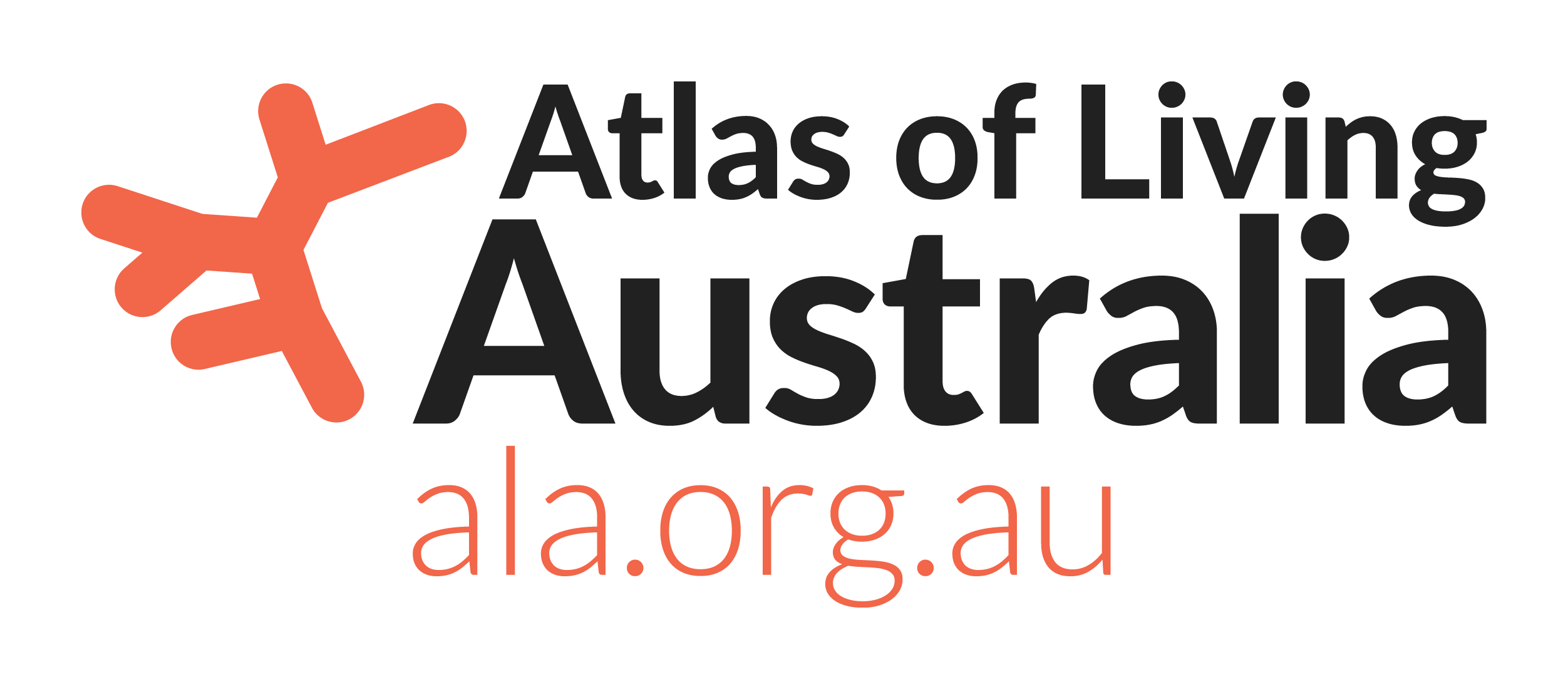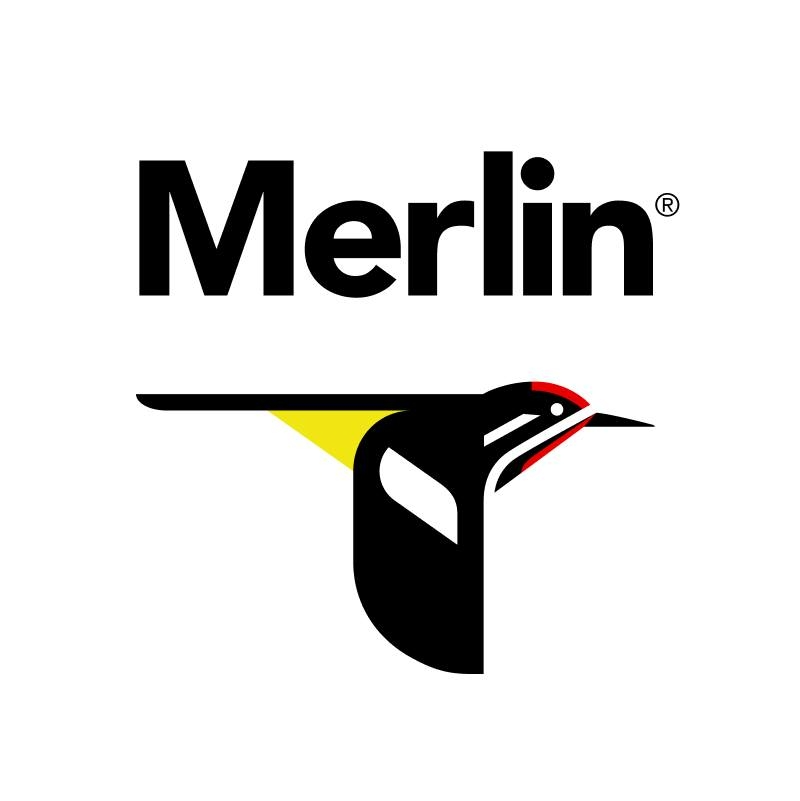There are many ways to participate in citizen science. The primary methods are based on reporting observations—either as part of organized projects and initiatives or independently, by documenting random observations of flora and fauna species.
Citizen Science Projects
In the project network you’ll find dozens of citizen science initiatives. You can explore project websites based on your field of interest, location, and other parameters.
Reporting Observations
Reporting is done through dedicated apps. Among the many citizen science applications available, we recommend using those connected to the Israeli Center for Citizen Science database: BioCollect, iNaturalist, and eBird. This ensures that your reports become part of Israel’s national database, supporting research and informing biodiversity and environmental management decisions.


